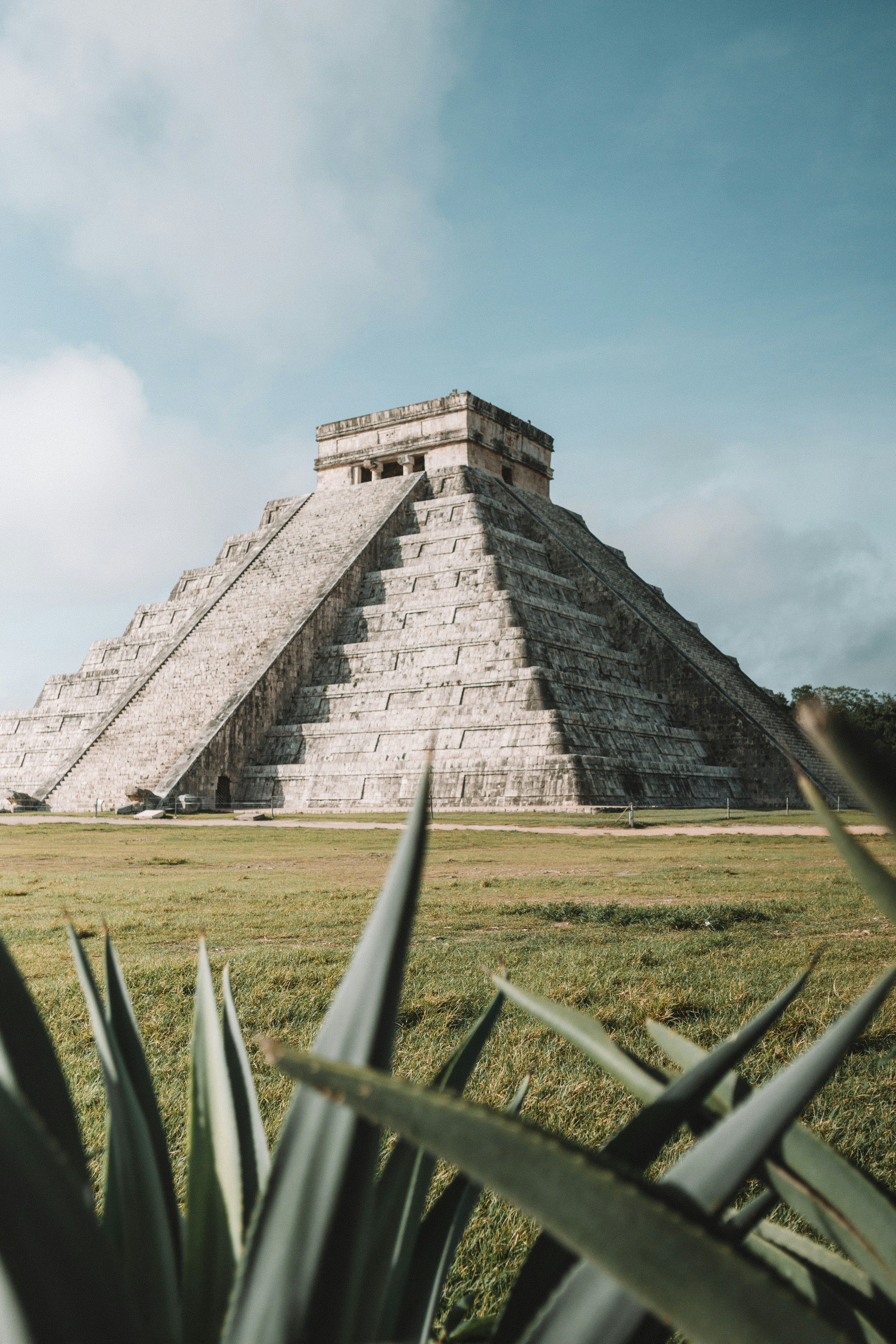Explore the ancient Mayan city that has fascinated archaeologists and visitors for centuries. Learn how this magnificent UNESCO World Heritage site was constructed and what makes it one of the New Seven Wonders of the World.
Explore History View GalleryChichen Itza was a major focal point of the Mayan civilization around 600 AD to 1200 AD. The site exhibits a multitude of architectural styles, reminiscent of styles seen in central Mexico and of the Puuc and Chenes styles of the northern Maya lowlands.
The ruins of Chichen Itza are federal property, and the site's stewardship is maintained by Mexico's Instituto Nacional de Antropología e Historia (National Institute of Anthropology and History). The land under the monuments had been privately owned until it was purchased by the Mexican government in 2010.
Chichen Itza is one of the most visited archaeological sites in Mexico; an estimated 2.6 million tourists visit the ruins every year.
Learn More
The structures of Chichen Itza were built with remarkable precision and astronomical alignment, showcasing the Mayans' advanced understanding of mathematics and astronomy.
During the spring and autumn equinoxes, the setting sun casts a shadow on El Castillo that creates the appearance of a serpent slithering down the pyramid's steps.
The Sacred Cenote (natural sinkhole) at Chichen Itza was a place of pilgrimage and ritual sacrifice, where valuable objects and human sacrifices were offered to the rain god Chaac.
Early Development
The earliest structures at Chichen Itza date to this period, showing the beginning of settlement in the area.
Major Construction Period
Many of the major structures were built during this time, including early versions of El Castillo and the Great Ball Court.
Toltec Influence
Toltec influence becomes apparent in the architecture, suggesting a cultural shift or invasion from central Mexico.
Golden Age
Chichen Itza reaches its peak as a regional capital, with extensive construction and refinement of existing structures.
Decline
The city begins to decline in importance, with political power shifting to other centers like Mayapan.
Discover the fascinating history, architecture, and cultural significance of this ancient Mayan city.
Learn About History Explore Architecture